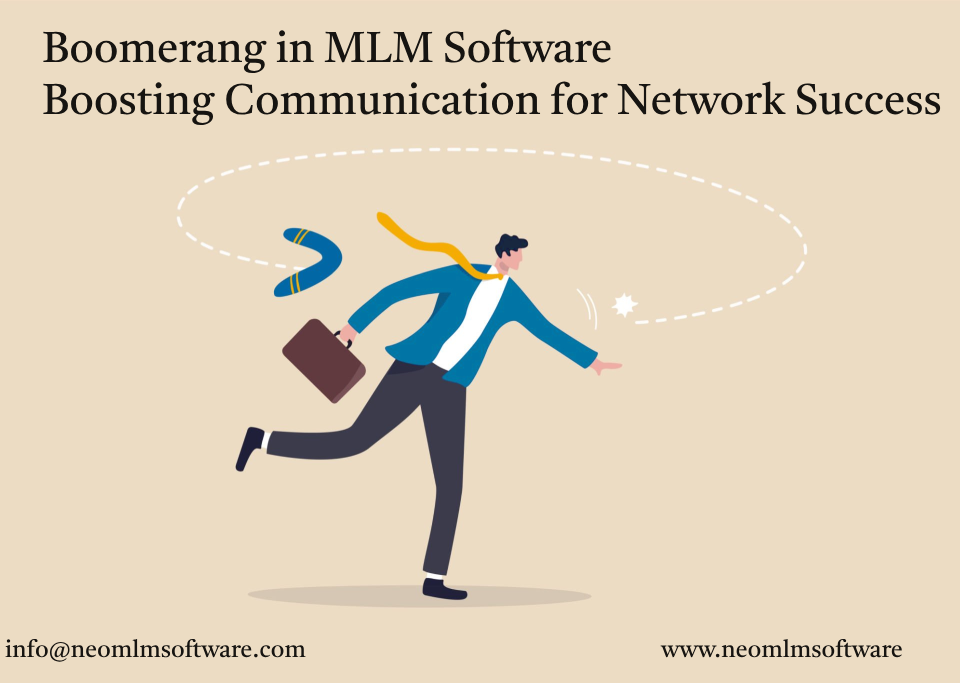- Have any questions?
- +91 9446 858 871
- +91 9400 550 510
- info@neomlmsoftware.com
The History of Direct Selling

The Customer Whisperer: How Direct Sales Creates Lasting Loyalty and Raving Advocates
June 10, 2023
Uncover the Benefits of Matrix MLM Software: Drive Your Network to Success
June 27, 2023The history of Direct selling has long and fascinating and spans centuries. From humble beginnings to a global industry worth billions of dollars, direct selling has evolved and transformed over time. In this article, we will delve into the origins of direct selling, its key milestones, and its significance in today’s business landscape.
Table of Contents
Introduction
Direct selling refers to the practice of selling products or services directly to consumers outside of a traditional retail environment. It involves independent sales representatives, commonly known as distributors, who market and sell products directly to customers through various channels such as in-home demonstrations, parties, or online platforms. The history of direct selling is closely intertwined with the evolution of commerce and consumer behavior.
Early Beginnings
Direct selling can trace its roots back to ancient times. In ancient Greece and Rome, merchants traveled from village to village, selling their wares directly to consumers. These early entrepreneurs recognized the value of personal interaction and the power of word-of-mouth marketing in driving sales. The concept of direct selling continued to thrive throughout history, with peddlers and itinerant traders carrying goods from one place to another, establishing connections with local communities.
The Rise of Modern Direct Selling

The modern direct-selling industry as we know it today began to take shape in the late 18th century. The Industrial Revolution brought about advancements in manufacturing and transportation, which enabled mass production and distribution of goods. The invention of the sewing machine, for example, paved the way for the establishment of door-to-door sales of sewing patterns and fabric.
In the late 19th century, the first direct-selling company, the California Perfume Company (now Avon), was founded. This marked a turning point in direct selling, as it introduced the concept of recruiting and training independent sales representatives. The company provided opportunities for women to earn an income and achieve financial independence, a revolutionary idea at the time.
Direct Selling in the Digital Age
The advent of the internet and digital technology brought significant changes to the direct selling industry. With the rise of e-commerce and social media platforms, direct sellers gained new avenues to connect with customers and promote their products. Online marketplaces and personalized websites allowed for convenient and seamless transactions, expanding the reach of direct selling beyond geographical boundaries.
The Impact of Direct Selling

Direct selling has had a profound impact on individuals, economies, and communities around the world. It has provided millions of people with opportunities to start their own businesses and achieve financial success. Direct selling companies often emphasize personal development, offering training and mentorship programs to support the growth and empowerment of their salesforce.
Moreover, direct selling has played a vital role in promoting entrepreneurship, particularly among women and marginalized groups. It has created avenues for economic participation and income generation, helping individuals break free from traditional employment constraints.
The Future of Direct Selling

As we look to the future, direct selling is poised to continue evolving and adapting to changing consumer preferences and technological advancements. The integration of artificial intelligence, data analytics, and social media marketing will shape the industry, enhancing the customer experience and streamlining business operations. Direct-selling companies will likely focus on sustainability and social responsibility, aligning with the growing demand for ethically sourced and environmentally friendly products.
Conclusion
The history of direct selling is a testament to the enduring power of personal connections and entrepreneurial spirit. From ancient peddlers to today’s global direct-selling industry, this unique business model has provided countless individuals with opportunities for personal growth, financial independence, and community engagement. As we move forward, direct selling will continue to play a significant role in empowering individuals and driving economic growth.
MLM Software mostly follows this direct sales strategy. When you check this MLM History you can get the importance of direct selling. History Our human life starting stage is developed direct sales system. Neo MLM software provides the best direct-selling software
FAQs
What is the difference between direct selling and multi-level marketing (MLM)?
While direct selling and MLM share similarities, the key distinction lies in the compensation structure. History of Direct selling typically involves selling products directly to consumers, whereas MLM involves both selling products and recruiting a network of distributors who earn commissions from their sales.
Is direct selling a pyramid scheme?
No, direct selling is not a pyramid scheme. Pyramid schemes focus primarily on recruiting individuals without offering any tangible products or services. Direct selling companies are legitimate businesses that sell genuine products or services through independent sales representatives
Can anyone become a direct seller
Yes, anyone can become a direct seller. Direct selling provides an opportunity for individuals from various backgrounds to start their own businesses with low start-up costs and flexible working hours.
How can I succeed in direct selling?
To succeed in direct selling, it is essential to have a genuine passion for the products or services you are promoting. Building relationships, effective communication, and continuous learning are key factors for success in this industry.
In conclusion, the history of direct selling is a rich tapestry woven through time, showcasing the resilience and adaptability of the industry. From its history of humble beginnings to its global reach today, direct selling continues to provide opportunities for entrepreneurship, empowerment, and economic growth. As the world progresses, direct selling will undoubtedly remain a vital player in the ever-changing business landscape.





